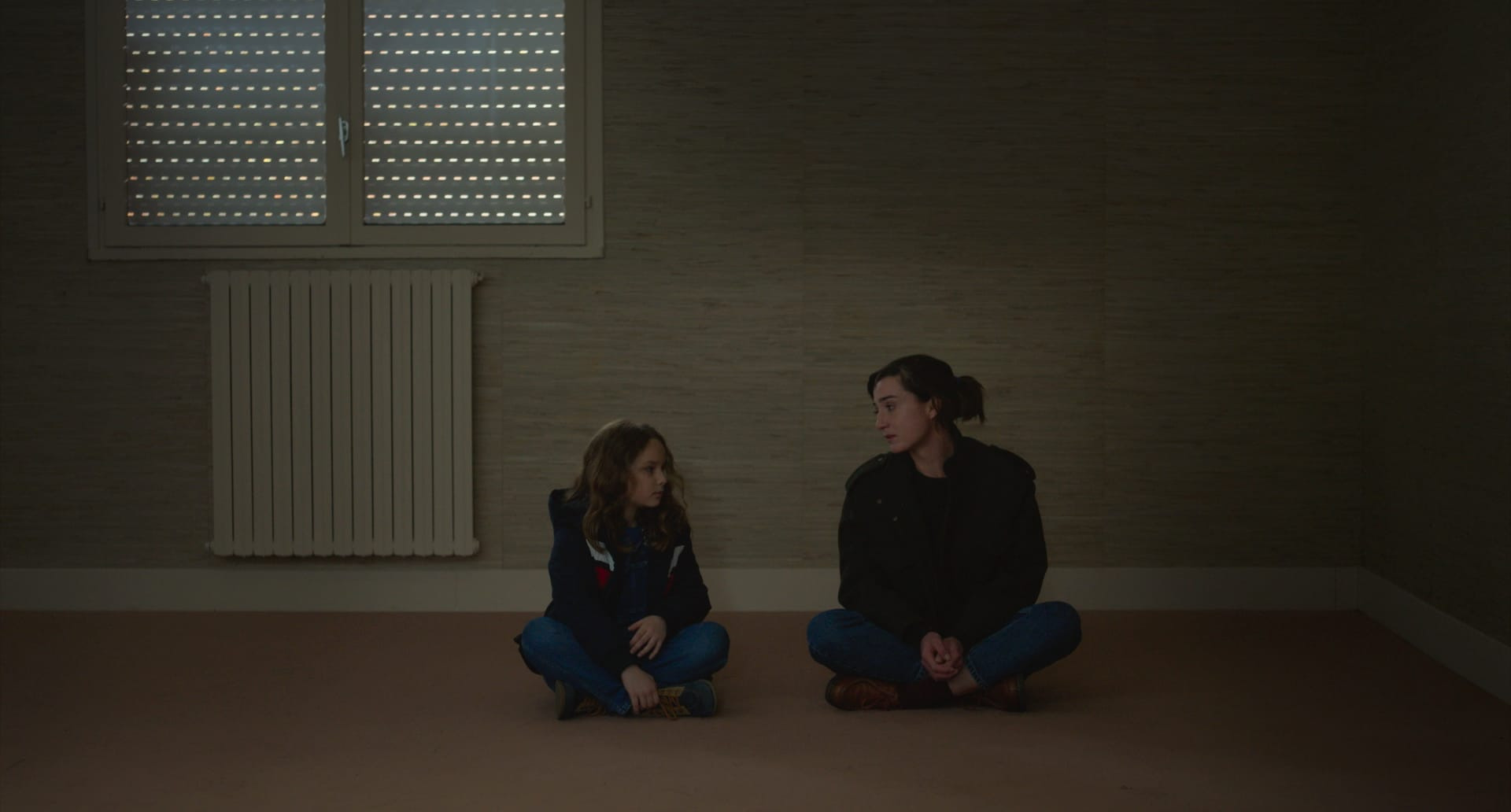RELATED ARTICLE
Portrait of a Lady on Fire: Daring to See
The Criterion Collection

Céline Sciamma’s films offer a way to re-view our youths from the inside, with a difference. Her startling first feature, Water Lilies (2007), about love, friendship, and jealousy within a synchronized-swimming team, swims with the unsaid about class, gender, sexuality, and the body. It premiered in the Un Certain Regard competition at the Cannes Film Festival and won the Prix Louis-Delluc for Best First Film, launching Sciamma’s career after her graduation from the French national film school, La Fémis, with a degree in screenwriting. Made from a yearning to see on-screen the queer feminist stories that were not visible during her adolescence, Sciamma’s films, alongside her activism, have played a dramatic role in forming a queer- and trans-inclusive global cinematic landscape: one that places young people’s bodily autonomy at its heart. For its original, moving portrayal of a child fashioning their own gender expression, her second film, Tomboy (2011), won the Teddy Award, for queer-themed films, at the Berlin Film Festival—and was adopted into the French school curriculum, a tribute to Sciamma’s clear, compassionate, and child-centered filmmaking.
Petite maman (2021) was partly inspired by that experience with Tomboy—rare for art-house cinema—of a film being passionately watched by children and adults alike and together. While in Tomboy Mickäel (Zoé Héran) and his mother (Sophie Cattani) find themselves on opposite sides over Mickäel’s tom/boyhood, Petite maman offers the gently radical and reparative chance for a mother and child to share a perspective. In that film, Nelly is staying for a few days at her mother’s childhood home while her parents clear it out after her grandmother’s death; playing in the woods surrounding it, she finds herself uncomplicatedly and literally in that long-ago home, as she meets her mother, Marion, aged eight. The film unfolds from their shared perspective, shot at their eye level by cinematographer Claire Mathon, who established an extraordinary visual collaboration with Sciamma on their international triumph Portrait of a Lady on Fire (2019).
While the queer relationship in Portrait is bounded by the norms of class and gender in eighteenth-century France, in Petite maman it is linear time that binds. But within the impossible temporal island of Nelly and the younger Marion’s coincidence in the house—as on the Breton island in Portrait—there is a freedom that shapes a longed-for autonomy and honesty across generations. Twins in real life, nonprofessional actors Gabrielle Sanz and Joséphine Sanz play at being—become through playing—a mother and daughter who are something closer to sisters. The film observes their unrehearsed play, with the filmmaking flowing from their autonomy and pleasure; so, too, does the film viewing.



